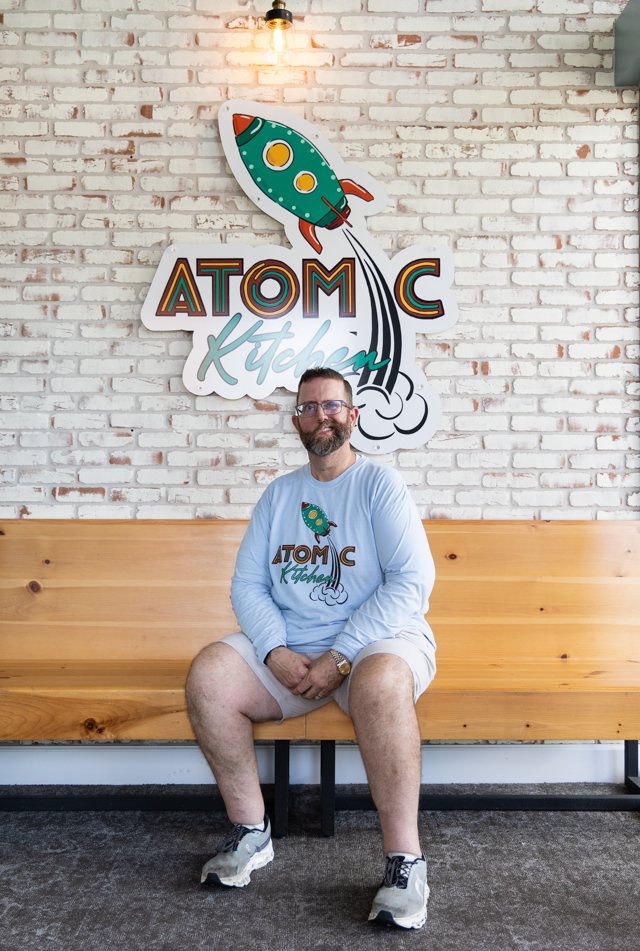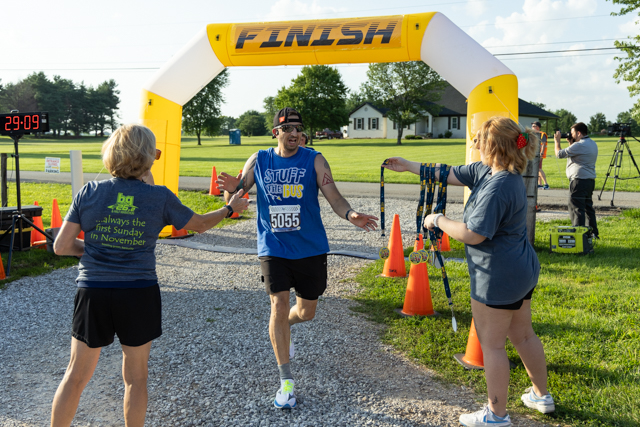WKU’s services grow throughout the years
Published 1:00 am Sunday, April 10, 2016
Growing from roughly 14,000 students to over 20,000 has prompted Western Kentucky University to respond to changing needs in its food service, parking and transportation and facilities.
For Gary Meszaros, WKU’s assistant vice president of business and auxiliary, one of the most drastic changes is how WKU feeds its students.
Where the university used have just two dining locations in the early 1990s, the university now features 21 different dining locations.
“I think it goes with the one thought on campuses of taking care of the quality of life,” he said, stressing there’s more to choosing a college than academics.
Parents these days want to visit campus and be reassured of basic needs, such as safety, plenty of food choices and good housing, he said.
Meszaros has seen the university evolve over two stints at WKU – one from1992 to 1999 and the second from 2005 to the present.
Aramark took over WKU’s food service in 1997, which is the same year President Gary Ransdell started. The move helped the university save roughly $1 million, Meszaros said.
This year, the university added a restaurant with an international theme called Passport Bistro in its new Honors College/International Center. WKU also added the Topper Grill and Pub after students requested a place to legally drink on campus, but a licensing issue now precludes serving alcohol. A Chili’s location will also open in May, Meszaros said. The restaurant is between student house and a parking garage.
WKU stood out by adding a Popeyes and Steak and Shake – the first locations on a college campus, Meszaros said. WKU also helped start an Aramark restaurant modeled after Panera Bread called DaVinci’s, which had its first location on WKU’s campus.
“You don’t want to have the same burger, fries and a drink every day,” Meszaros said.
As WKU’s food service has expanded, so has its transportation system.
“Most of our system is not just getting you up and down the hill,” Meszaros said, adding that it helps students travel to locations off campus and become less dependent on cars.
Jennifer Tougas, the current director of WKU’s Parking and Transportation Services, came to the university in 2004 back when it was a committee and transitioning to department status.
Back then, WKU’s buses carried 170,000 passengers annually. That number rose to 735,000 passengers in fiscal year 2015, Tougas said.
Officials began the change process through a master plan that identified high priority areas, Tougas said. Since then, the department has changed routes and schedules to make them more predictable, got a grant to build a bus maintenance facility and increased its fleet of buses to 13. Students can even track where their bus is through a mobile phone app, she said.
Dwindling parking resources in recent years have also created the need for changes, Tougas said. Since 2011, parking spaces for commuters have dropped by 800.
“There’s also been a growth in housing parking demand,” she said, adding that when residential students bring their cars to campus it limits available space for commuters.
A parking garage planned to go up in a parking lot off Creason Street will add a net increase of 500 spaces following legislative approval, she said.
Additionally, the department continues to encourage students to ditch their cars with incentives through its Car Free Program. The program offers complimentary enrollment in an Enterprise CarShare program that charges by the hour and includes insurance and gas. Other incentives include a complimentary pass for a Bowling Green transit service, a bicycle tune up, discounted airport shuttle trips to Nashville’s airport, a drawing for a $250 book scholarship and other incentives.
The department continues to look for better routes and tries new things, Tougas said.
Along with efforts to improve transportation on and off campus, WKU has tried to improve quality of life on campus through facility improvements.
Perhaps its most visible change is the recently revamped Downing Student Union, formerly known as the Downing University Center.
For Bryan Russell, WKU’s chief facilities officer, DSU is the “living room of our campus.” The student union offers meeting space for students to socialize and participate in student organizations along with places to buy food, purchase books, find tutoring services or even buy postal stamps.
You’d be hard-pressed to find a building on WKU’s campus that hasn’t been touched by renovations. WKU has upgraded its residence halls along with adding apartments along Kentucky Street to offer upperclassmen a more independent lifestyle.
In recent years, the university added its Mass Media and Technology Hall and Adams-Whitaker Student Publications Center to further serve its journalism programs and award-winning student newspaper and yearbook.
Another initiative, Russell said, is WKU’s efforts to continue improving access to campus by removing steps and improving sidewalks and entrances.
Russell said part of that is a project over two or three summers that added 10-foot-wide sidewalks on both sides of Normal and State Streets along with lighting improvements and crosswalks where needed.
“That was a project that I think has been really well received and made a lot safer for the community,” Russell said.
Improvements to the university’s electrical system over an 11-year period have also helped, Russell said.
The university’s utility budget has remained at $8 million since 2008, he said.
“It just makes for a safer more consistent level of service for our campus,” he said.
— Follow education and general assignment reporter Aaron Mudd on Twitter at twitter.com/aaron_muddbgdn or visit bgdailynews.com.






